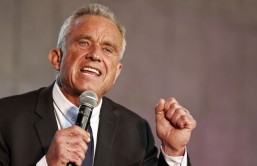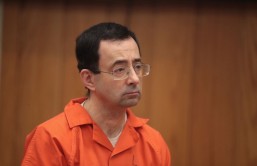The U.S. and India reached a nuclear deal Sunday that's expeceted to unlock billions of dollars in nuclear trade and deepen defense ties.
U.S. Ambassador to India Richard Verma said the new deal resolved the issues of liability in the event of a nuclear disaster between the two countries, according to Reuters. If a nuclear accident occurs the suppliers of the material will be responsible for it, and the U.S. demands that they track the whereabouts of the material supplied to India.
"We are committed to moving toward full implementation," Obama said. "This is an important step that shows how we can work together to elevate our relationship."
In a 2006 nuclear agreement, U.S. companies could still not set up reactors in India, but Obama and Modi said they have reached an understanding.
Obama used his executive powers to undo the condition that U.S. authorities have the power to monitor the use of nuclear material purchased by India even from other countries, The Times of India reported. This issue threatened to derail a contact group meeting last week in London.
Furthermore, Obama supported India's entry into the Nuclear Suppliers Group (NSG), the Missile Technology Control Regime (MTCR), the Wassenaar Arrangement and the Australia Group in order to strengthen non proliferation and export control regimes.
Obama and Modi agreed on a joint production aircraft and equipment for Lockheed Martin C-130 military transport plane, Reuters reported. In addition, they agreed to have a Obama-Modi hotline to financing initiatives aimed at helping India to use renewable energy and lower their carbon intensity.
Obama is the first U.S. president to visit India twice and the first to attend India's Republic Day parade, an annual military show of might that has historically been associated with anti-Americanism from the Cold War.








